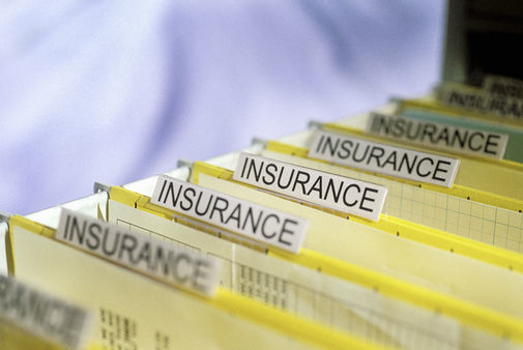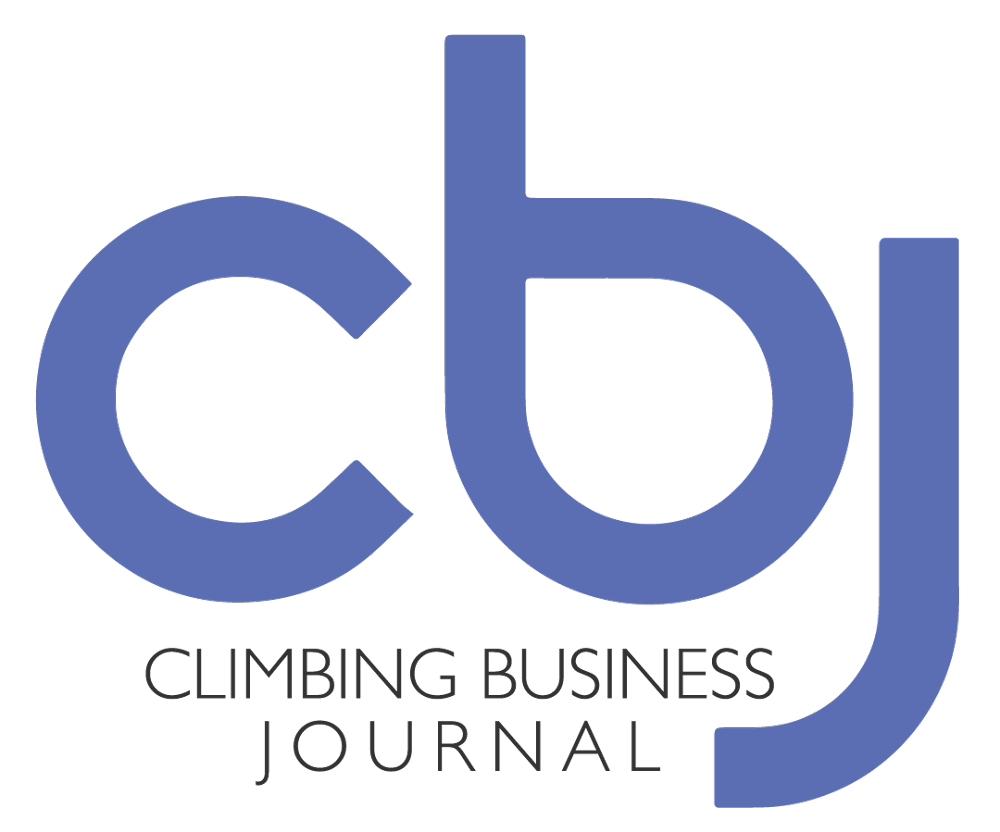
In October of this year the Climbing Wall Association announced that Veracity Insurance had “chosen not to continue its service as CWA’s insurance program provider.” Veracity was the only insurance provider under the CWA program. At the time Bill Zimmerman, CWA’s Chief Executive Officer, said that the CWA was already in discussions with several other insurance providers and promised to work expediently to find a replacement. The CWA is expected to announce the selection of a new insurance program provider in the next week.
With all these changes afoot we thought it would be helpful to look into the daunting and sometimes complicated world of commercial insurance. This is the first in a series of articles CBJ will be publishing on insurance for climbing gyms. In this first installment we review the types of insurance options that all climbing wall operators should consider.
According to a survey the CWA sent out to 800 members and non-members in August 2013, almost all climbing facilities purchase General Liability insurance, but less than half purchase other types of insurance:
- Commercial General Liability = 98%
- Property = 39%
- Worker’s Compensation = 32%
- Umbrella and Excess = 26%
- Participant Accident Medical = 24%
- Product Liability = 19%
General Liability
General liability insurance is the primary type of insurance used to protect climbing facilities. Liability coverage safeguards you and your business from lawsuits or similar claims involving bodily injury, death or property damage. Commercial liability insurance covers claims by third parties, including members of the public, visitors, contractors and even trespassers at your business. In the event of a claim against your business, a policy will shield you from the expense of litigation, judgments awarded by courts and out-of-court settlements, up to the limits of your policy.
Workers’ Compensation
Workers’ Compensation is the insurance you would need to protect your employees when they are hurt on the job. Workers’ comp is required in most states unless an employer can demonstrate the capability to self-insure by demonstrating sufficient financial capacity and risk management capabilities. This insurance provides wage replacement and medical benefits to employees injured in the course of employment; in exchange the employee relinquishes their right to sue.
Commercial Property
Property insurance can protect your business from a minor hiccup to a major financial loss. Whether you own or lease your building, property insurance protects your business’ physical assets in the event of damage, loss or loss-of-use. In addition to the building, it would cover your business’s physical assets, such as climbing walls, padding, retail inventory, office furniture, computer equipment and exterior assets like signage and landscaping.
Property insurance policies come in two basic forms: (1) All-Risk policies covering a wide-range of incidents and “perils” except those noted in the policy; (2) Peril-Specific policies that cover losses from only those perils listed in the policy. Examples of peril-specific policies include fire, flood, vandalism and business interruption insurance. All-risk policies generally cover risks faced by the average small business, while peril-specific policies are usually purchased when there is high risk of peril in a certain area.
Accident Medical Insurance
Accident medical insurance, unlike liability insurance, is payable without regard to fault. Accident medical insurance is either supplemental coverage and responds after the injured party’s health insurance, or primary if there is no other applicable coverage. This coverage is used to reimburse an injured party for out of pocket medical costs in the event of an accident.
Product Liability
Product liability insurance is used by company’s that manufacture or supply goods that could cause injury, death or property damage. Product liability claims could result from a manufacturing or design defect of the product, or from a failure to adequately warn of the product’s danger.
Umbrella & Excess
Excess insurance provides coverage in excess of other policies you hold. If your company is liable to a claim, the claim is paid by your primary insurance policies up to their limits, and any additional amount is paid by the Excess policy up to the Excess policy’s limit.
Umbrella insurance is similar in that it provides additional coverage when the underlying policies reach their limits, with the added benefit of filling in the gaps on the underlying policies by insuring claims not covered by other policies.

Climbing Business Journal is an independent news outlet dedicated to covering the indoor climbing industry. Here you will find the latest coverage of climbing industry news, gym developments, industry best practices, risk management, climbing competitions, youth coaching and routesetting. Have an article idea? CBJ loves to hear from readers like you!






